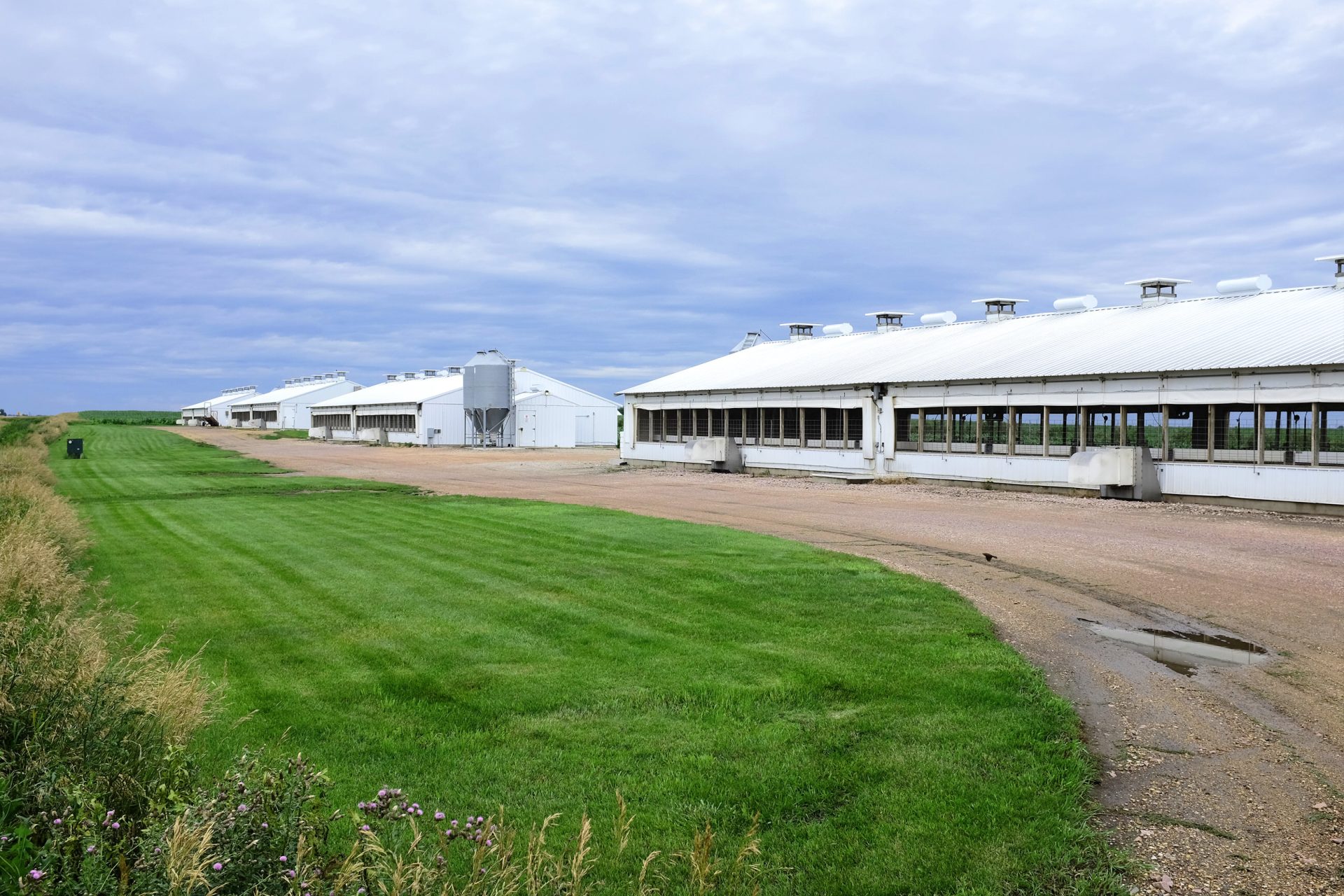
LIVESTOCK NUISANCE CASES – NOT ALL BAD NEWS
Livestock producers face many challenges in 2020, most brought on by the corona virus. Many of those challenges are financial and producers should utilize all available tools, contract renegotiation, mediation of disputes, and contract feeding and other state law liens. With the attention on financial issues from the corona virus, producers should not forget other legal issues that could affect their farms. One of those is the ever-present threat of nuisance lawsuits, primarily for odor and flies.
In 2018, there were well-publicized jury verdicts in North Carolina awarding neighbors of hog farms millions, and those cases are on appeal with many more cases awaiting trial. Fortunately for livestock producers in the Midwest and other areas of the country, recent jury verdicts and court decisions have been more favorable.
In a 2016 an Iowa case involving a 4,280-head swine finishing site sued by nine plaintiffs living in four residences from 1.2 to 2.5 miles away the jury returned a verdict of no nuisance awarding no money.
A few months later an Illinois jury found that a 15,000 head swine finisher on two farms that are a quarter mile apart was not a nuisance and awarded no money to the ten plaintiffs living in five residences from one-tenth of a mile to 1.6 miles away. Following the jury trial, both parties appealed and last month an Illinois appeals court denied the plaintiffs’ claim for juror misconduct and granted the defendant’s claim for attorney fees under Illinois’ right-to-farm law. There will likely be further appeal.
In Mississippi, in March of 2017, a jury found that a poultry broiler operation was not a nuisance and awarded no money to 55 plaintiffs.
In Minnesota, in December of 2017 a jury found that a 3,200 head sow farm was not a nuisance and awarded no money to six plaintiffs living in four residences located from one-quarter mile to one-half mile away.
In January of 2019, an Iowa jury found that an 800 head cattle concrete open feedlot with a half-acre concrete runoff control basin was not a nuisance and declined to award money to three neighbors (asking for $600,000)who lived in two residences 500 ft. north of the feedlot.
The next month a southeast Iowa jury found that three 4,992 head swine deep-pit finishers were not a nuisance. The six neighbors who sued lived in three residences that were one mile, 1.5 miles, and 1.66 miles from the closest of the three hog farms. After hearing the trial testimony and the plaintiffs’ request for a total of $1.5 million, the jury found no nuisance and awarded no money.
This year there have been two Iowa court decisions favoring the livestock producer. A federal judge dismissed, for lack of evidence, a case claiming that the manure handling and application at a swine finisher violated federal clean water and solid waste disposal law.
On the same day, the Iowa Supreme Court upheld a trial judge’s ruling that two neighbors’ claims for odor nuisance were frivolous and awarded legal expenses. The Court ruled that the claims were frivolous because one plaintiff could identify only two times over six months when odor actually affected him at his home several miles away and the other plaintiff did not live where she testified she experienced odor.
In a side note, the Court expressed “some words of caution.” First, the Court noted that although plaintiffs’ claims for significant amounts of money may have been exaggerated, that doesn’t make the claims frivolous. Also, the Court stated that although one plaintiff was an activist against confinement livestock production, that alone does not make her claim frivolous. The Court suspected that the defendants also had ulterior motives, i.e. deterring future lawsuits, but that is also acceptable if the motions are well-grounded.
These jury verdicts and court decisions, and the lack of media attention, once again illustrate that bad news for livestock producers seems to travel faster than good news. These cases show that if producers meet, and if reasonably possible exceed, all applicable environmental regulations and use industry accepted management practices reasonable for their farms, they will likely not be sued and if they are, there is a good chance that juries will properly evaluate that evidence in spite of plaintiffs’ claims.
Guest Author, Eldon McAfee, an attorney with Brick Gentry P.C., West Des Moines, Iowa, represents Iowa farm organizations and individual producers.

